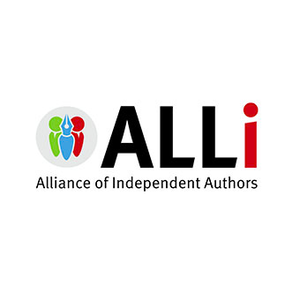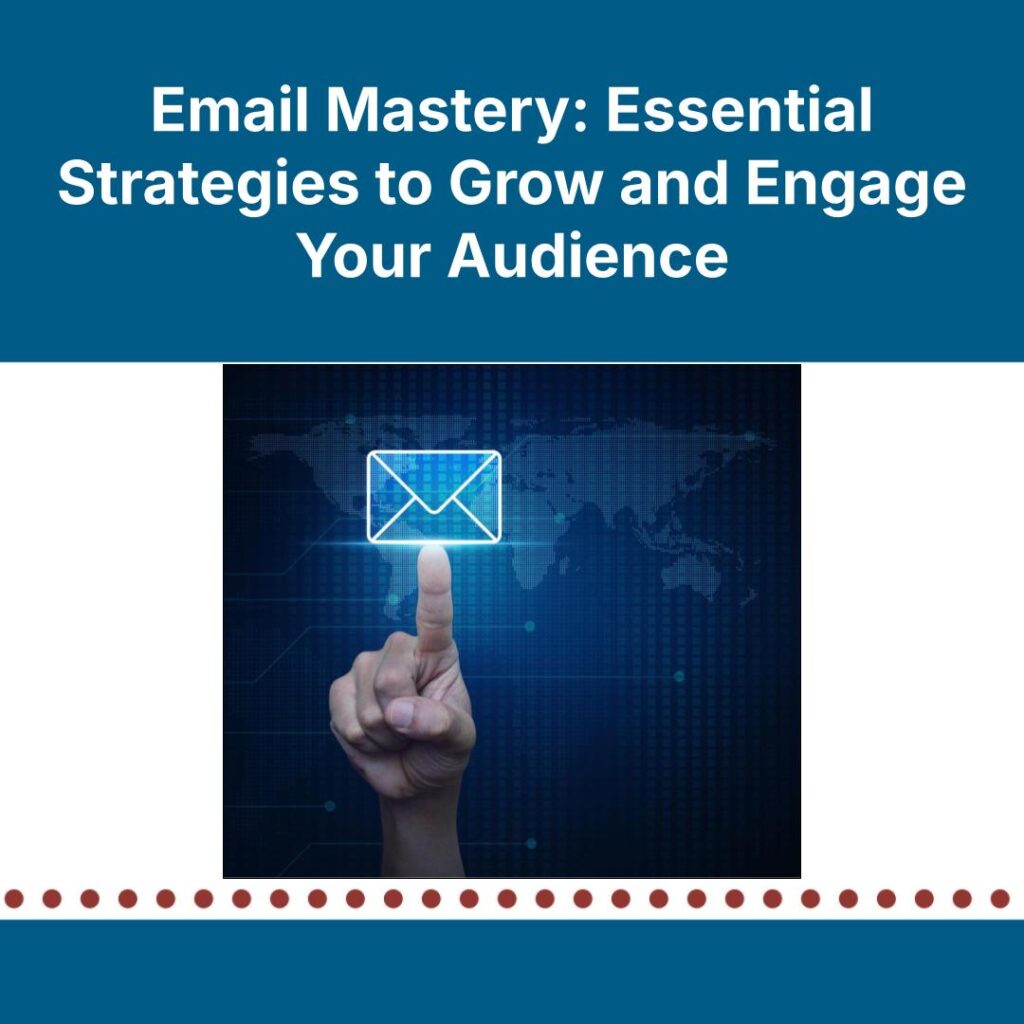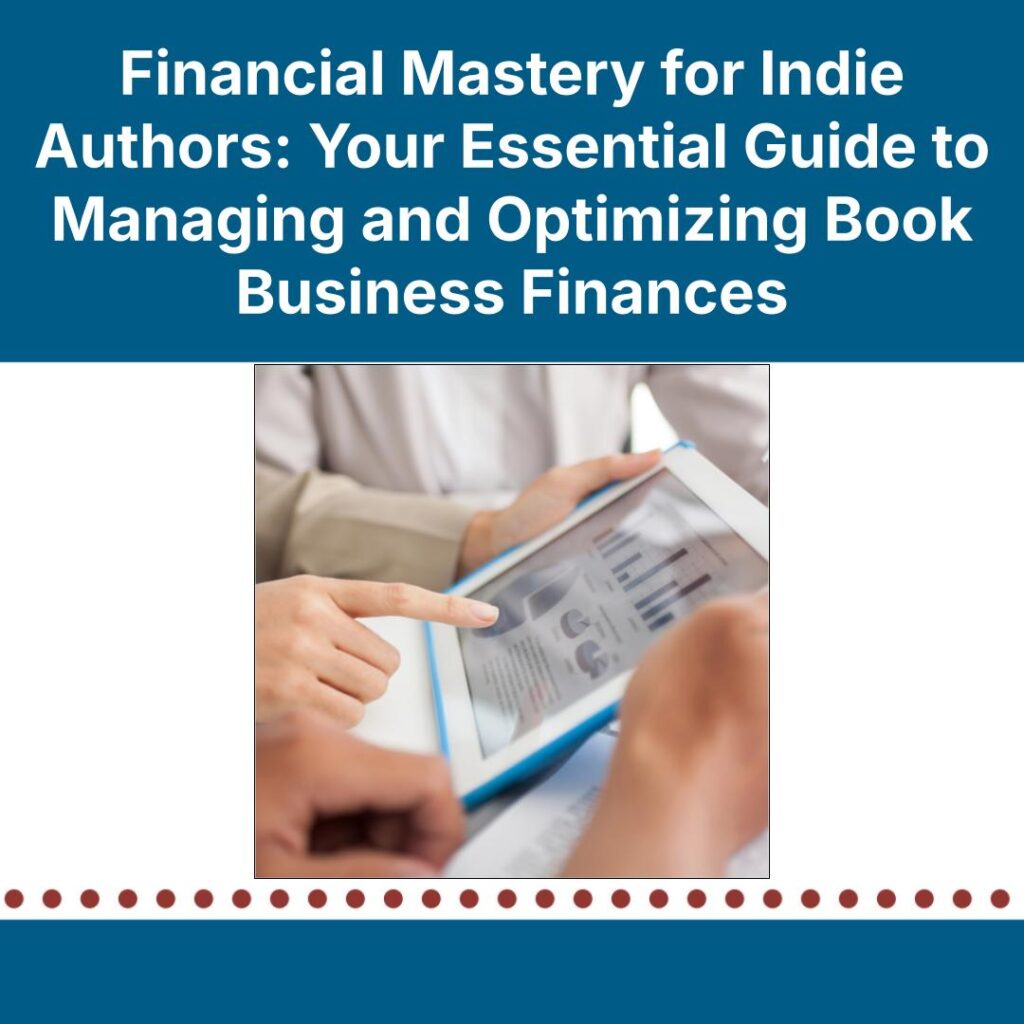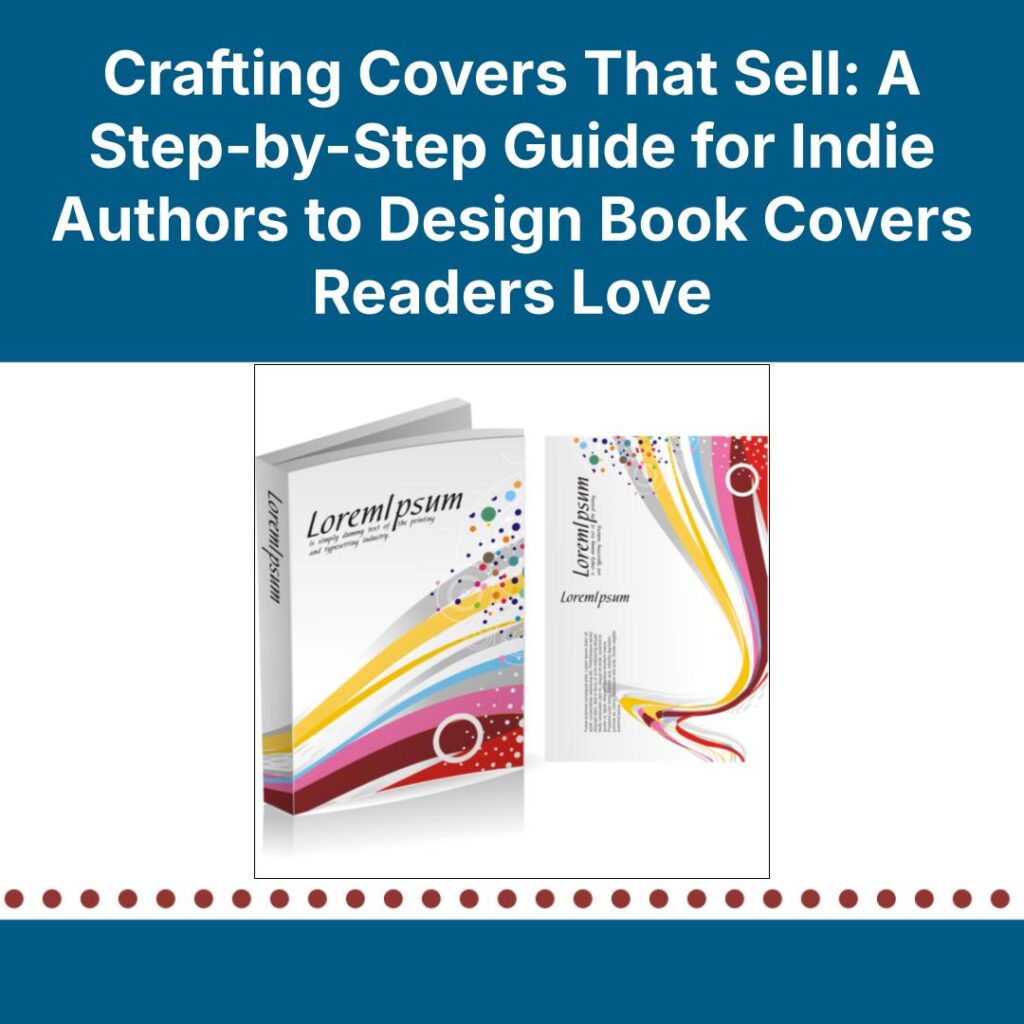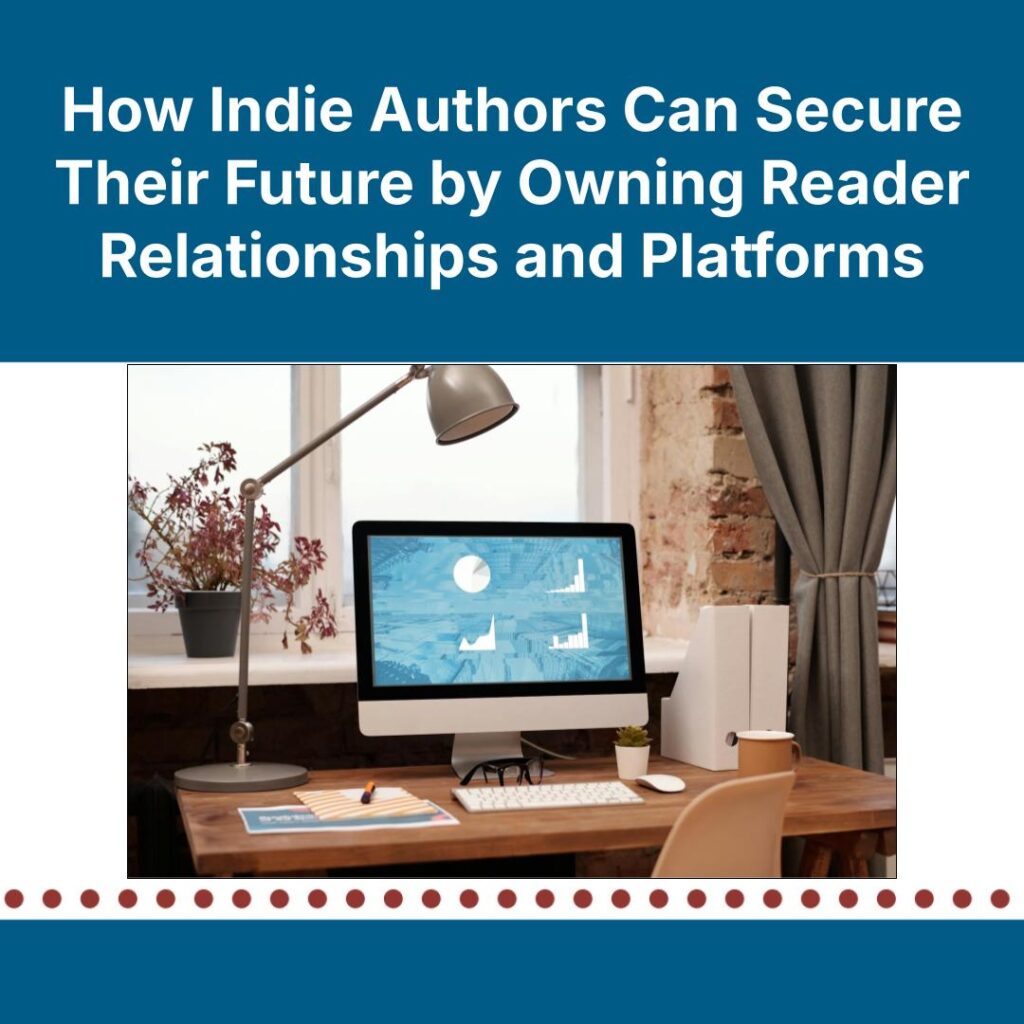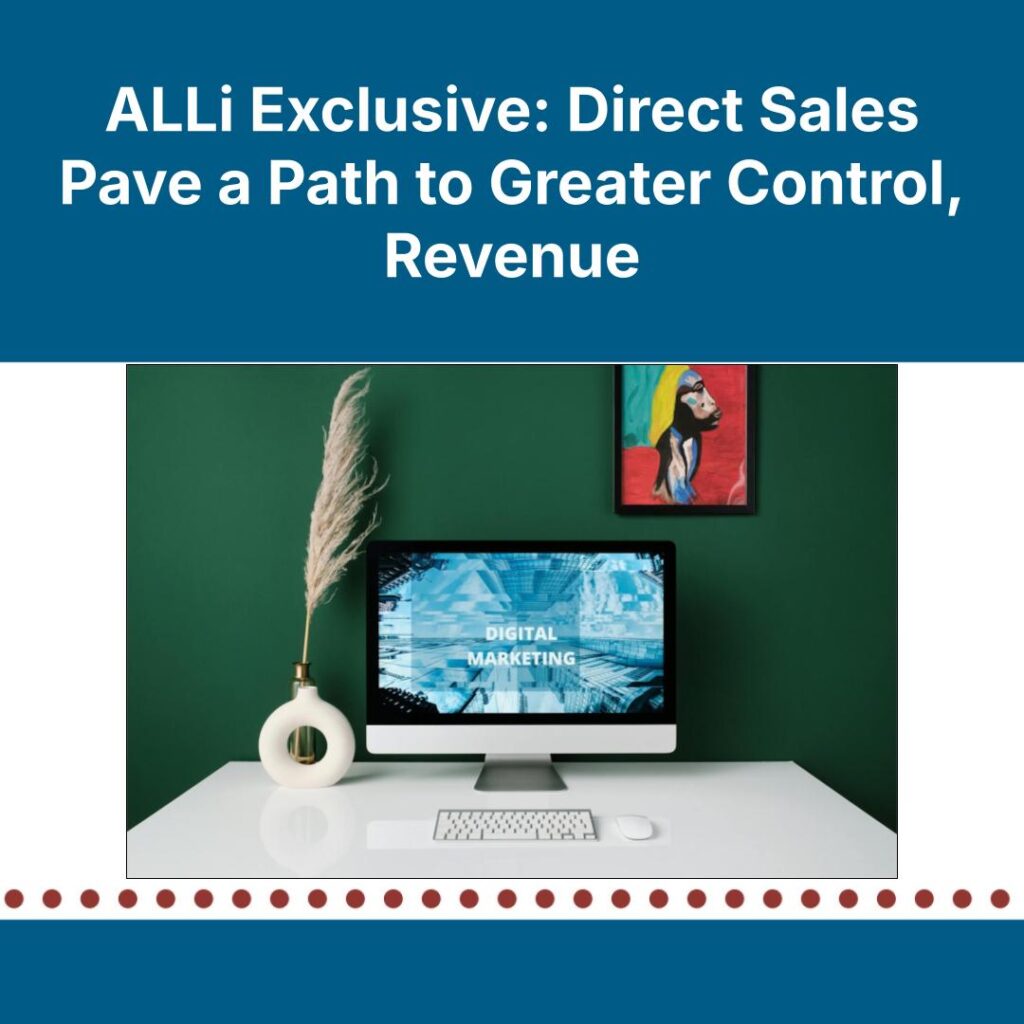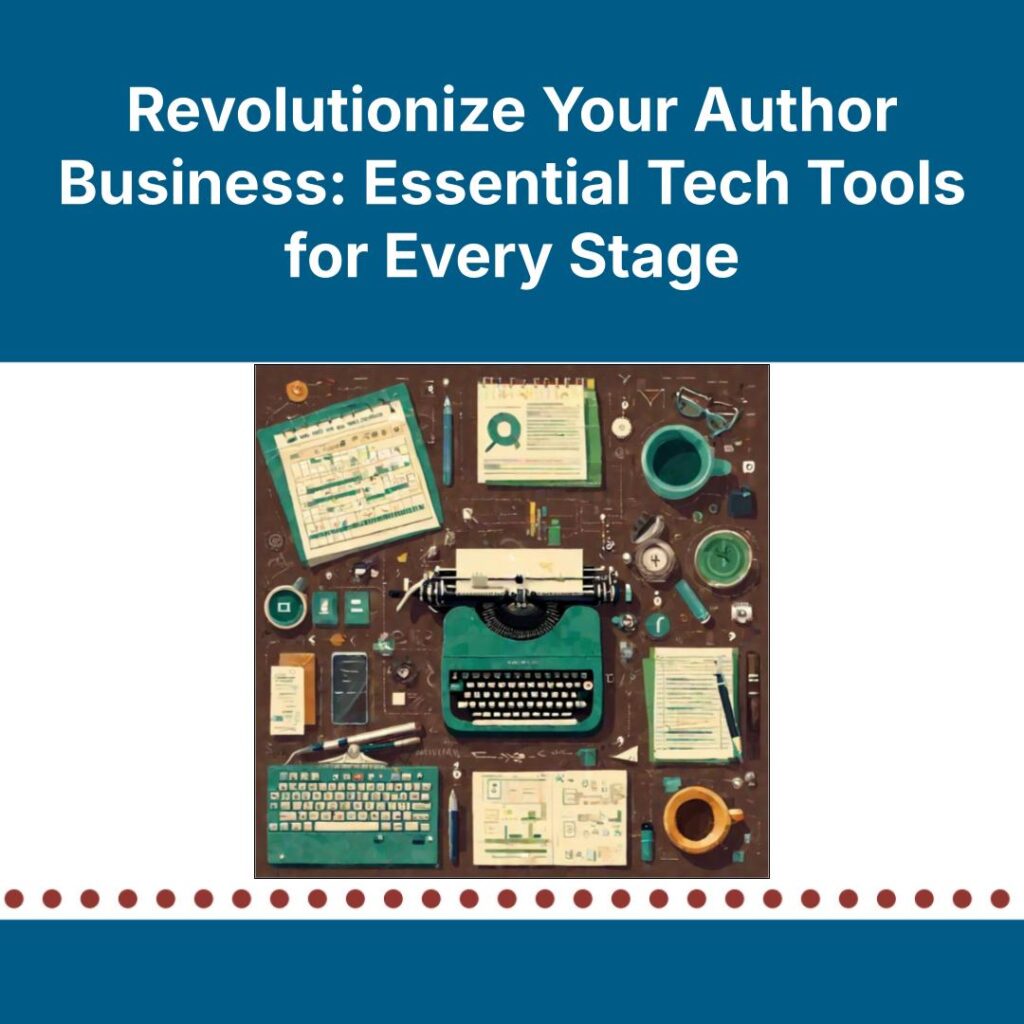Email marketing is an invaluable tool for authors, helping you connect directly with readers, build a loyal audience, and boost book sales. But some authors are uncomfortable asking people to sign up for a newsletter, concerned that it will fall into the trap of being too sales-y. This concern evaporates when you consider the true purpose of an email list: to have a way to stay in touch with your fans on a platform you control, as opposed to, for example, social media sites, and to let them know about content that will interest them.
Recognizing that the benefits of that connection work both ways helps pave the way to a healthy attitude toward email marketing. As Alliance of Independent Authors (ALLi) member Diane Vallere says, “If you think you’re annoying your audience, then you’re not sharing the right content. It should feel like a conversation between friends.”
For Beginning Authors: Building Your List
When you’re just starting out, your priority should be building a subscriber base of readers who are genuinely interested in your work.
- Understand Your Target Audience: Your approach to building your list depends on a clear idea of the type of reader you want to attract. The tone of your emails might be more formal if you want to reach academics interested in the topic of your nonfiction book but more informal if you want to reach whale readers of Romance.
- Create a Reader Magnet: A free short story or an exclusive sneak peek of an upcoming book can serve as a “magnet” to entice potential subscribers to join your list. Make sure your reader magnet aligns with your genre and will appeal to your identified target audience; you don’t want to offer a Sweet Romance short story if your main content is Epic Fantasy.
- Leverage Social Media: Promote your email sign-up form across your social media channels, highlighting the value to the subscriber instead of the value to yourself.
- Include a Call-to-Action (CTA): You want your emails to drive action, so ensure each email has a clear CTA that aligns with your goals. It’s generally a good idea to limit your CTAs to one per email; for example, don’t ask your readers to preorder an upcoming book and to leave a review for a past book in the same email.
- Reflect Your Professionalism: Every author starts out with a tiny subscriber base, but make sure you approach your email marketing with the same enthusiasm and care whether you have an audience of a dozen or thousands. And use an email marketing service, such as Mailchimp or ConvertKit, not your personal email account, to provide the best experience for your subscribers.
The goal for beginning authors is to create a foundational list of engaged subscribers based on the value you provide them in your communications. Check out this article from ALLi for more on how to develop your mailing list strategy: https://selfpublishingadvice.org/email-marketing-for-authors-part-1.
For Emerging Authors: Engaging Your Audience and Building Trust
As an emerging author, you likely already have a small but established email marketing base; as you grow your business, focus on nurturing the relationship with your subscribers and keeping them engaged.
- Consistency Is Key: To keep engagement strong, balance frequency with quality. A biweekly or monthly update can keep you on subscribers’ radar without overwhelming them—or you.
- Personalized Content: At this stage, your readers want to hear more, not just about your books but also about you and your writing journey. Personal stories and behind-the-scenes content can strengthen the relationship between you and your audience.
- Create Engagement Opportunities: Ask your subscribers questions, seek their input on book titles or cover designs, or solicit ideas for character names. This can make them feel more connected to your work and turn them into your loyal advocates.
The focus at this stage is to build trust and loyalty among your readers by offering them consistent, engaging content, and exclusive insights. ALLi shares advice on how to grow your email list in this article: https://selfpublishingadvice.org/email-marketing-for-authors-part2-growth.
For Experienced Authors: Optimizing and Segmenting for Maximum Impact
As an experienced author, your focus shifts from growing your subscriber base to maintaining engagement while converting subscribers into repeat buyers.
- Practice Good List Hygiene: Focus on the quality, not the quantity, of your list by regularly removing inactive subscribers. A smaller, more engaged list improves your open and click-through rates, which positively impacts deliverability. And since many email marketing services charge based on the size of your list, removing inactive subscribers can reduce costs.
- Segment Your List: By this stage, your email list may consist of a wide range of readers. Some may be die-hard fans who have read everything you’ve written, and others may have only just discovered your work. Use segmentation to send more targeted emails to different groups. For example, send special offerings to your most enthusiastic fans or target notifications about in-person events to fans living in that area.
- Analyze Your Data: Tap into the analytics provided by your email marketing service. Understanding which emails resonate most with your subscribers will enable you to refine your approach to reach your business goals.
For experienced authors, optimizing your email list will enable you to use it more productively and reap maximum marketing benefits. Read what ALLi has to say about maintaining your list in this article: https://selfpublishingadvice.org/email-marketing-for-authors-part3-maintenance.
Compliance at Every Stage
All authors need to stay compliant with email marketing regulations like the European Union’s General Data Protection Regulation (GDPR) and the US CAN-SPAM Act. Always provide a clear way for readers to unsubscribe, be transparent about the types of emails they will receive, and ensure that your data collection methods comply with privacy laws. Your email marketing service should provide information on how to ensure you’ve adhered to these regulations; the support email marketing services provide to help ensure compliance is another reason to use them rather than your personal email account.
Email marketing can be a powerful tool for indie authors at every stage of their business, from building a list of first-time readers to engaging an established audience and converting them into lifelong fans. By tailoring your approach to your current stage, you can ensure that your email marketing efforts are both effective and sustainable.
You’ll find even more information on best practices for email marketing in the email marketing series from the Self-Publishing with ALLi Podcast. Find each topic covered at the following links:
- General email marketing tips: https://selfpublishingadvice.org/podcast-email-marketing
- More email marketing tips: https://selfpublishingadvice.org/podcast-email-marketing-tips
- Offering a reader magnet: https://selfpublishingadvice.org/podcast-reader-magnets
- Why email marketing matters: https://selfpublishingadvice.org/podcast-email-list
And you can check out ALLi’s publications on this topic, How to Reach More Readers and Sell More Books, both available for preorder in the ALLi Bookshop at https://selfpublishingadvice.org/bookshop.
Matty Dalrymple, ALLi Campaigns Manager
BIO:
The Alliance of Independent Authors (ALLi) is a global membership association for self-publishing authors. A non-profit, our mission is ethics and excellence in self-publishing. Everyone on our team is a working indie author and we offer advice and advocacy for self-publishing authors within the literary, publishing and creative industries around the world. www.allianceindependentauthors.org
